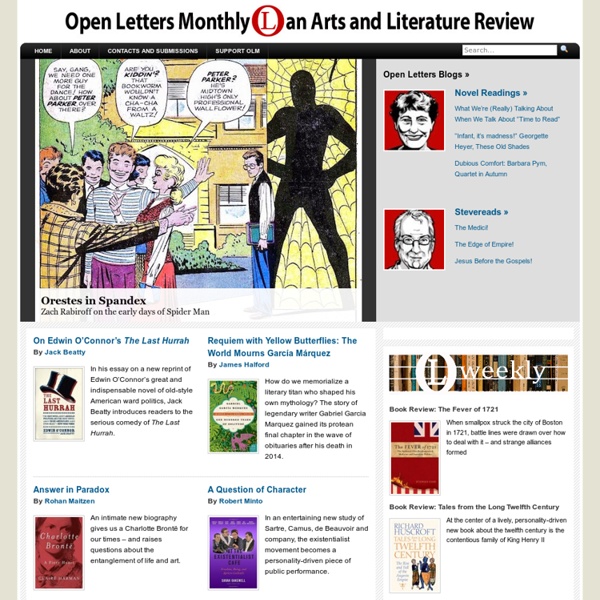



The Rumpus.net 23 Books for Your Perfect Young Adult Summer Reading List Wandering into the young adult section of your local bookstore is never something to be embarrassed about — even if you haven't actually been a teen in years. In fact, if you've left high school behind, you don't have to read Beowulf between now and September, which frees up time to check out the YA titles below. And if you're really paranoid about fellow beachgoers judging your teen-title, there's always the anonymity of a cover-less ereader. Although, unless they're reading War and Peace surf-side, they're really in no position to criticize. Award Winners It's not really judging a book by it's cover if you judge it by the impressively shiny seals adorning its cover. 1. This is the story of "Shorty"-a 15-year-old boy trapped in a collapsed hospital during the earthquake in Haiti. 2. Astrid Jones desperately wants to confide in someone, but her mother's pushiness and her father's lack of interest tell her they're the last people she can trust. 3. 4. 5. The Movies 6. 7. 8. 9. The Crossovers
ReadySteadyBook - for literature... EarlyWord: The Publisher | Librarian Connection EarlyWord: The Publisher | Librarian Connection - The Publisher | Librarian Connection Review 31 Home | Review 31 Sew Up a Storm : Sew Up a Storm: All the Way to the Bank! How to Succeed in a Sewing-Related Business Maslowski What a boring cover for a book about starting a craft-related business. My second complaint, obviously, is the book’s age. Holly Other Sewing Related Posts: Sew Bad It’s Sew Fun! Like a Living Doll (Don’t Miss the inside pictures!) Groovy Pillows Paris Review Daily - Blog, Writers, Poets, Artists - Paris Review Donald Barthelme would’ve been, and should be, eighty-three today. It would be an exaggeration to say that I feel the absence of someone whom I never met—someone who died when I was three—but I do wonder, with something more than mere curiosity, what Barthelme would have made of the past twenty-odd years. These are decades I feel we’ve processed less acutely because he wasn’t there to fictionalize them: their surreal political flareups, their new technologies, their various zeitgeists and intellectual fads and dumb advertisements. But I’m losing the thread. I wanted to say something about lists. A zombie advances toward a group of thin blooming daughters and describes, with many motions of his hands and arms, the breakfasts they may expect in a zombie home. The list is the ideal vehicle here. INTERVIEWERWordsworth spoke of growing up “Fostered alike by beauty and by fear,” and he put fearful experiences first; but he also said that his primary subject was “the mind of Man.”
The Uncommon Corps The Allen Ginsberg Project I.N.K.